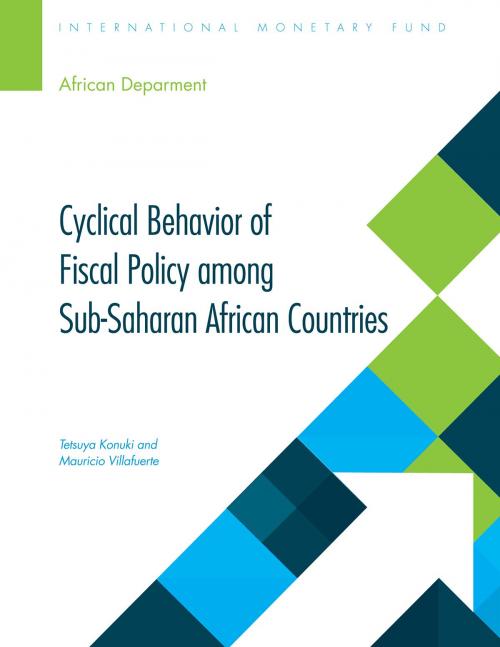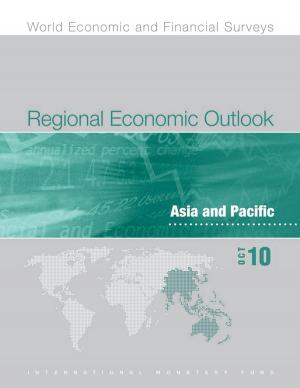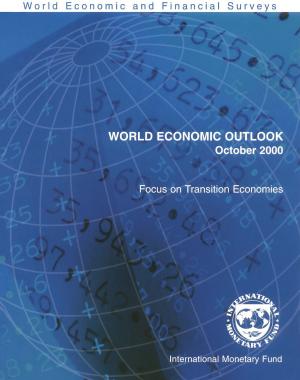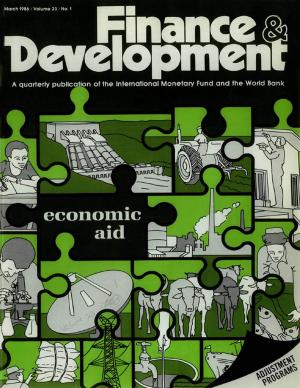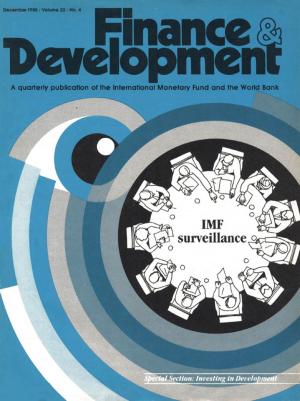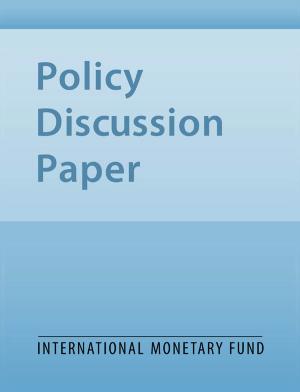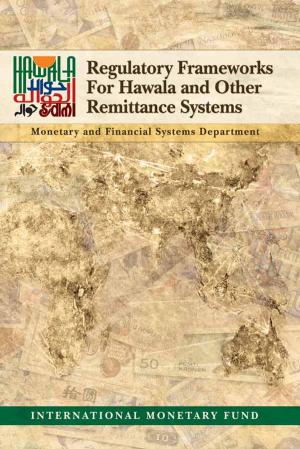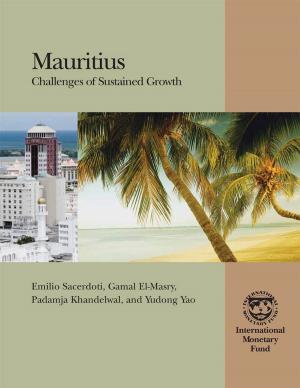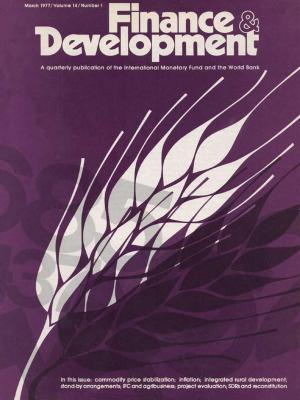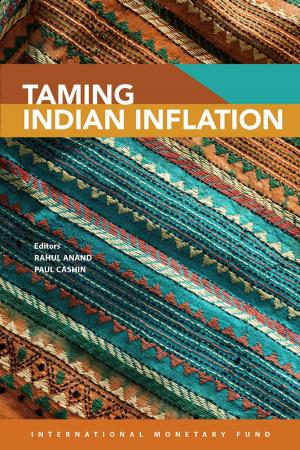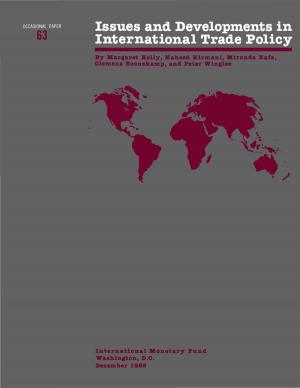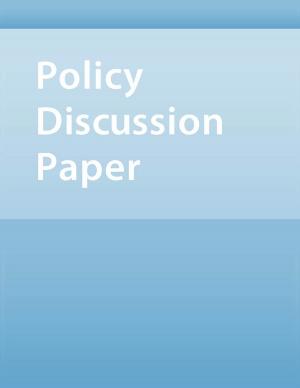Cyclical Behavior of Fiscal Policy among Sub-Saharan African Countries
Business & Finance, Economics, International Economics, Nonfiction, Social & Cultural Studies, Political Science, Politics, Economic Policy| Author: | Tetsuya Konuki, Mauricio Villafuerte | ISBN: | 9781475529777 |
| Publisher: | INTERNATIONAL MONETARY FUND | Publication: | August 24, 2016 |
| Imprint: | Language: | English |
| Author: | Tetsuya Konuki, Mauricio Villafuerte |
| ISBN: | 9781475529777 |
| Publisher: | INTERNATIONAL MONETARY FUND |
| Publication: | August 24, 2016 |
| Imprint: | |
| Language: | English |
Excessively procyclical fiscal policy can be harmful. This paper investigates to what extent the fiscal policies of sub-Saharan African countries were procyclical in recent years and the reasons for the degree of fiscal procyclicality among these countries. It finds that a tendency for procyclical fiscal policy was particularly pronounced among oil exporters and after the global financial crisis. It also finds a statistically significant causal link running from deeper financial markets and higher reserves coverage to lower fiscal policy procyclicality. Fiscal rules supported by strong political commitment and institutions seem to be key to facilitating progress for deeper financial markets and stronger reserves coverage.
Excessively procyclical fiscal policy can be harmful. This paper investigates to what extent the fiscal policies of sub-Saharan African countries were procyclical in recent years and the reasons for the degree of fiscal procyclicality among these countries. It finds that a tendency for procyclical fiscal policy was particularly pronounced among oil exporters and after the global financial crisis. It also finds a statistically significant causal link running from deeper financial markets and higher reserves coverage to lower fiscal policy procyclicality. Fiscal rules supported by strong political commitment and institutions seem to be key to facilitating progress for deeper financial markets and stronger reserves coverage.
